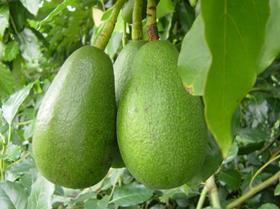
The University of Florida Institute of Food and Agricultural Sciences (UF/IFAS) is sending an inter-departmental team of scientists to Cuba as part of a grant that is believed to be the first federally-funded project for scientific field research in Cuba.
The team will travel to Cuba for this research, funded by a US$228,000 grant from the US Department of Agriculture.
The project team is travelling to Cuba to fulfil several missions, including conducting research to identify wood-boring pest species in Cuba that could pose high-risk threats to US agriculture and forests, and training Cuban scientists on state-of-the-art methods to accurately identify these wood-boring pests in Cuba in an effort to reduce the possibility of transmission of these pests to Florida agriculture and forests.
The party will also look to understand how Cuba’s plant protection programmes and policies impact pest movement, particularly to the US, and estimate the potential economic impact of a pest invasion from Cuba to the US.
“The project will assess the risks to Florida from exotic plant pests in Cuba, consistent with UF/IFAS’ mission to protect and enhance agriculture and natural resources of Florida,” said the project’s principal investigator, associate professor Damian Adams.
“We will be analysing Cuba’s policies and institutional capacity to prevent and mitigate the movement of pests,” he noted. “The project will focus on wood-boring beetles – the group of pests that, following their arrival from Asia, destroyed nearly a billion redbay and swamp bay trees in the Everglades, and threaten the Florida avocado industry.”
Woodborers account for the majority of new tree pest invasions to the US, with the potential to harm pine plantations, citrus groves and many tree species, Adams said.



